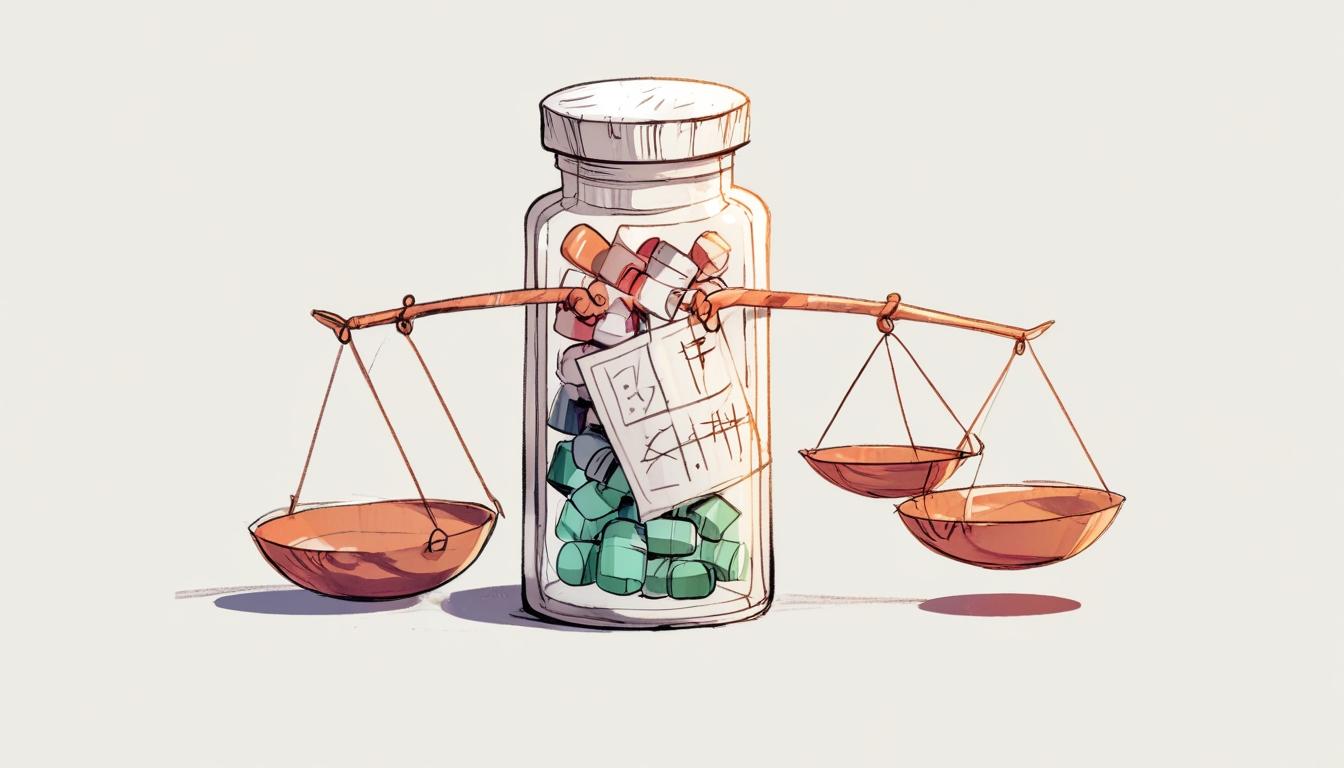Prof Micheal Barry of the National Centre for Pharmacoeconomics warns that the annual State expenditure on medicines in Ireland could rise from €4 billion to €10 billion if weight loss drugs like Mounjaro and Wegovy are made widely available, highlighting significant budget challenges for the healthcare system.
The annual cost of medicines funded by the State in Ireland could more than double to €10 billion if weight loss drugs were made available to all individuals likely to benefit from them, a leading pharmacoeconomics expert has warned. Prof Micheal Barry, clinical director of the National Centre for Pharmacoeconomics (NCPE), described such a bill as “simply not affordable”.
Speaking at the Irish Medical Organisation’s annual conference on Friday, Prof Barry outlined the potential financial impact of introducing medications such as Mounjaro and Wegovy, which are currently under assessment for inclusion in State drug schemes. Weekly injections of Wegovy cost Irish users around €220 a month, while Mounjaro is more expensive.
Prof Barry explained that approximately one million people in Ireland have a body mass index (BMI) over 30, placing them in the obese category. If all those eligible were prescribed these weight loss drugs, the additional cost could add €6 billion to the State’s medicines expenditure, which at present stands at about €4 billion annually.
He indicated that the NCPE’s evaluation of Mounjaro and Wegovy is expected to be completed by the end of this year or early next year. Following this, difficult decisions will need to be made regarding the level of reimbursement. Currently, State schemes allow funding of the appetite-regulating drug Saxenda only for patients with a BMI over 35 who also have pre-diabetes or display signs of cardiovascular disease. A similar approach might be applied to the new drugs, with possible reimbursement restricted to patients with a BMI above 40 because of the potentially large budget impact, Prof Barry stated: “These will be big decisions.”
The two drugs in question have shown benefits not only in facilitating weight loss but also in improving cardiovascular health. Prof Barry noted that pharmaceutical companies are likely to emphasise these health benefits in their reimbursement submissions.
In addition to discussing weight loss treatments, Prof Barry commented on delays in patient access to new cancer drugs and medicines for rare diseases. He identified that much of the lag is caused by pharmaceutical companies’ timing in seeking reimbursement in Ireland, slow engagement with the Health Service Executive’s (HSE) processes, and prolonged pricing negotiations. He remarked, “That is where the delays are coming from, and no amount of oncologists jumping up and down and giving out about the HSE will change that.”
He also addressed a common argument that drugs should become available in Ireland once authorised by the European Medicines Agency (EMA). According to Prof Barry, most EMA-approved cancer drugs enter the market without conclusive evidence of extending overall survival or improving quality of life.
Cancer and rare disease medications constitute about two-thirds of the drugs reimbursed by the State. These treatments tend to be high-cost, infrequently demonstrate cost-effectiveness, and place a significant strain on the medicines budget. Prof Barry described this as the “weak evidence/high price conundrum” that must be recognised in relation to cancer drugs.
Looking ahead, Prof Barry warned that yearly increases in drug expenditure are expected to continue, driven by the introduction of high-cost medicines, broader utilisation of established drugs, and increased uptake of technologies such as continuous blood glucose monitoring. He also highlighted that 60 cancer drugs had been approved by the HSE in the three years leading to 2023.
The Irish Times is reporting on these developments, which underline the challenges faced by Ireland’s healthcare system in balancing the introduction of innovative treatments with fiscal sustainability.
Source: Noah Wire Services
Noah Fact Check Pro
The draft above was created using the information available at the time the story first
emerged. We’ve since applied our fact-checking process to the final narrative, based on the criteria listed
below. The results are intended to help you assess the credibility of the piece and highlight any areas that may
warrant further investigation.
Freshness check
Score:
9
Notes:
The narrative discusses current and near-future projections about drug reimbursement assessments expected by late 2024 or early 2025. It references drugs under current evaluation and recent cost data. No outdated roles or obviously recycled old news are detected. The Irish Times is mentioned as the reporting body, indicating a recent news report rather than a press release.
Quotes check
Score:
8
Notes:
Direct quotes attributed to Prof Micheal Barry are specific and appear original to this event (the Irish Medical Organisation’s annual conference). No earlier references to these exact statements were found in the search context, suggesting they are not recycled quotes but fresh commentary.
Source reliability
Score:
8
Notes:
The narrative originates from the Irish Times, a reputable and well-known publication with a strong record of reliable reporting on healthcare and policy issues in Ireland.
Plausability check
Score:
9
Notes:
Claims about the high cost of weight loss drugs like Wegovy and Mounjaro and the impact on Ireland’s medicines budget are consistent with publicly known drug pricing and pharmacoeconomics principles. Reference to ongoing drug assessments and reimbursement challenges aligns with typical health system processes. No implausible or unverifiable claims present.
Overall assessment
Verdict (FAIL, OPEN, PASS): PASS
Confidence (LOW, MEDIUM, HIGH): HIGH
Summary:
The narrative is up-to-date and reflects current issues in Irish healthcare regarding the funding of new weight loss drugs. Quotes from Prof Micheal Barry appear original and contextually plausible. The Irish Times’ involvement adds to reliability. The financial projections and health system constraints mentioned are credible and consistent with known facts.













